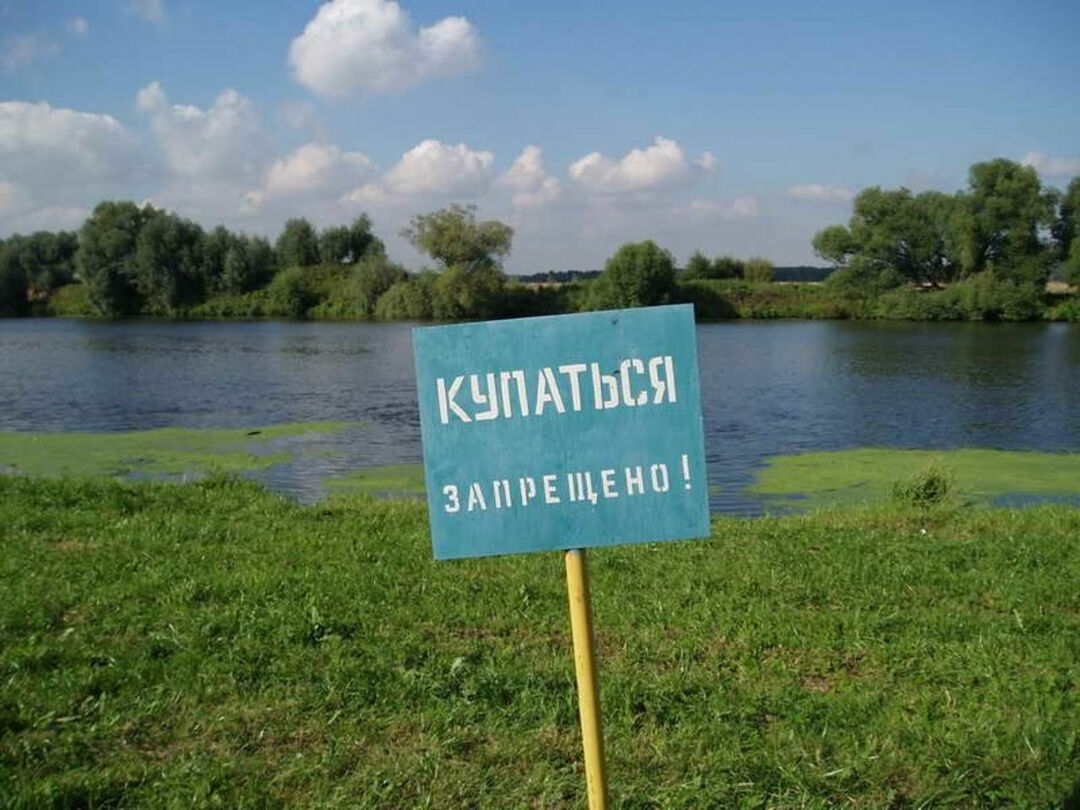Complications of vaccination against influenza

It's no secret that any medical product, any medical manipulation have not only their testimony, but also contraindications. Vaccination against influenza can also cause various complications. Various possible complications and reactions have been taken into account when developing the influenza vaccine. Complications of vaccination against this disease have been carefully studied, and also predictable, as the World Health Organization has developed a whole system of measures to collect information on the complications of vaccination for each vaccination against influenza. All drugs, namely the last ones, for vaccinations against influenza belong to inactivated vaccines, the composition of which varies annually.
General and local adverse reactions for influenza vaccination
Adverse reactions are undesirable complications( the body reaction) that occur after vaccination and are the body's response to the introduction of a foreign substance into it. A mild adverse reaction is a favorable symptom, characterized by a response from the immune system to the administration of the vaccine. Light adverse reactions indicate( indirectly) the effectiveness of the vaccine. There are general and local adverse reactions, as well as complications of vaccination against this disease.
A strong local reaction may be with the vaccination against influenza soft tissue edema, namely more than 50 mm in diameter, hyperemia in diameter & gt;80 mm, infiltration & gt;20 mm. Usually, all adverse reactions develop after 24 hours, or even two after vaccination. Independently they pass for two days.
Inactivated modern vaccines are subunit vaccines that do not contain living pathogens, differ in the incidence of adverse reactions after a vaccine. This frequency of complications is up to 4%.
Post-vaccination complications that may occur during vaccination against influenza
By themselves, post-complication complications are persistent morphological and functional changes in the human body that go beyond the boundaries of physical fluctuations and lead to disturbances, and significant, health conditions.
Those people who suffer from food allergy to chicken eggs( mainly protein) after an influenza vaccination may experience allergic reactions. This is because chicken embryos are used in the production of vaccines( most).There are also complications such as hemorrhagic vasculitis, but it is impossible to relate this complication to the vaccination against the flu without proof.
One of the worst complications of this vaccine is anaphylactic shock. This shock sharply decreases blood pressure and disrupts the heart. Anaphylactic shock in most cases a person appears somewhere up to 30 minutes after the introduction of the vaccine against the flu. This shock requires urgent medical assistance. That's why vaccination against influenza is carried out in specialized offices, which contain all the necessary drugs, and the staff is specially trained.
But do not panic, patient complications are very rare. These complications are caused by non-compliance with the rules of vaccine introduction, non-observance of contraindications, violation of the conditions of vaccine storage. Complications of influenza vaccine can cause: acute disease or exacerbation of a chronic disease, high body temperature, an allergy to any of the components of the vaccine, epileptic syndrome where there are seizures, epilepsy. Also progressive diseases of the nervous system, hydrocephalic syndrome, hydrocephalus.
With the proper storage and administration of a vaccine against influenza, complications are extremely rare, so vaccination against influenza is recommended, since influenza itself is a dangerous disease that can lead to very serious complications.



